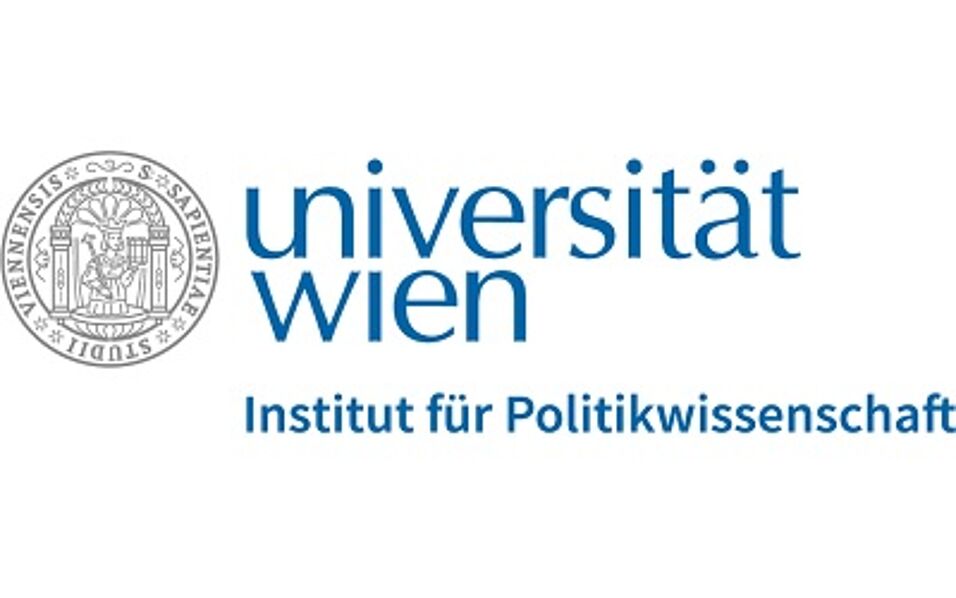Since, apart from the important discussions about the "neutral semester", there is no debate whatsoever about how the changeover to home office and e-learning will affect ongoing research and what kind of support is urgently needed, the letter makes demands on political decision makers, rectorates of universities and funding agencies. Instead, there is currently a public debate about private universities.

